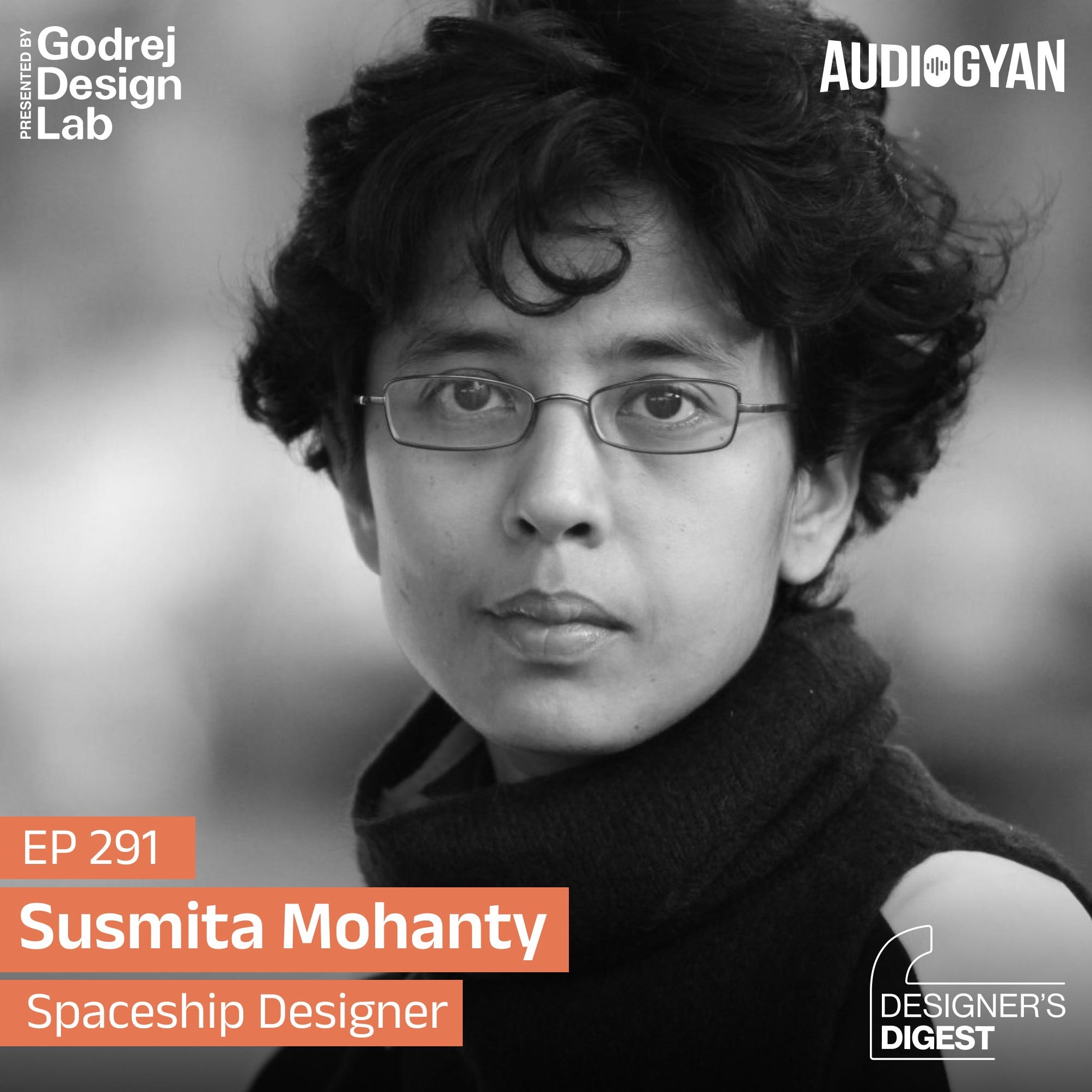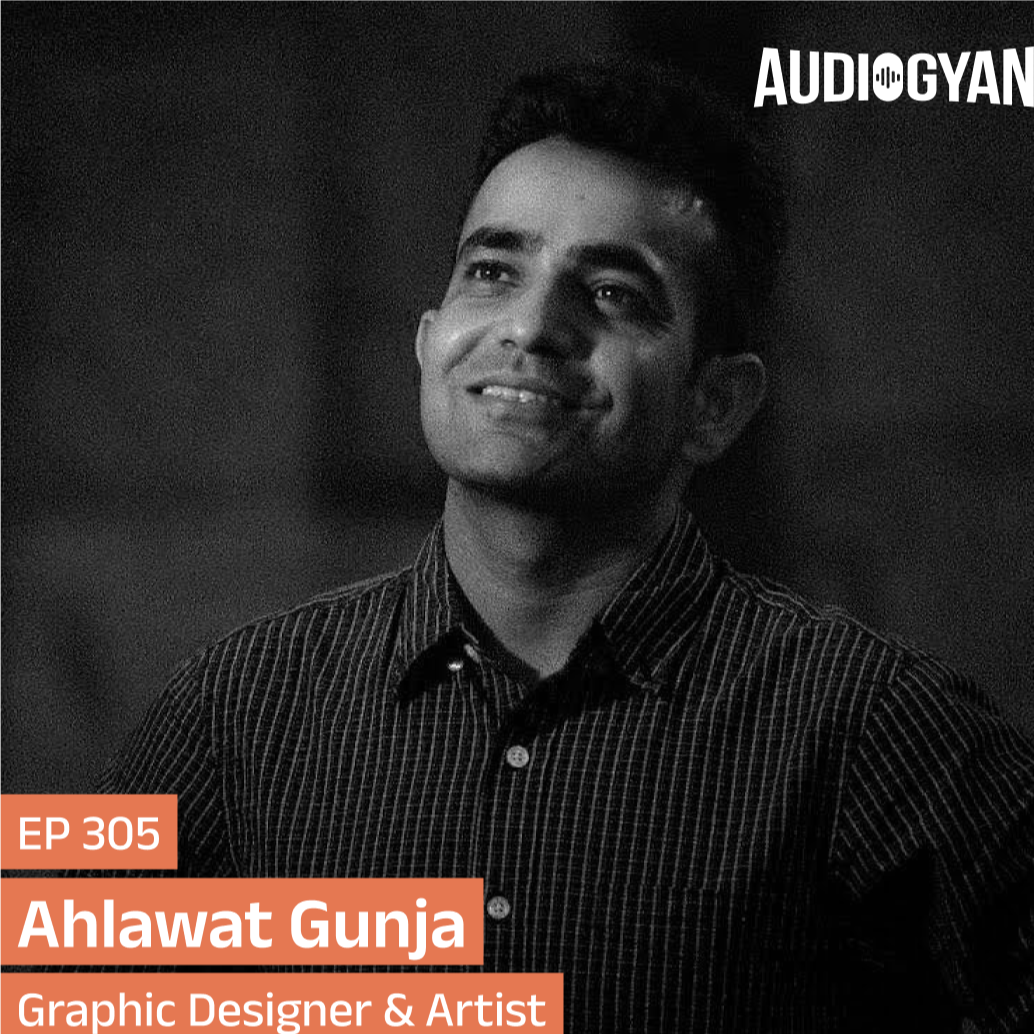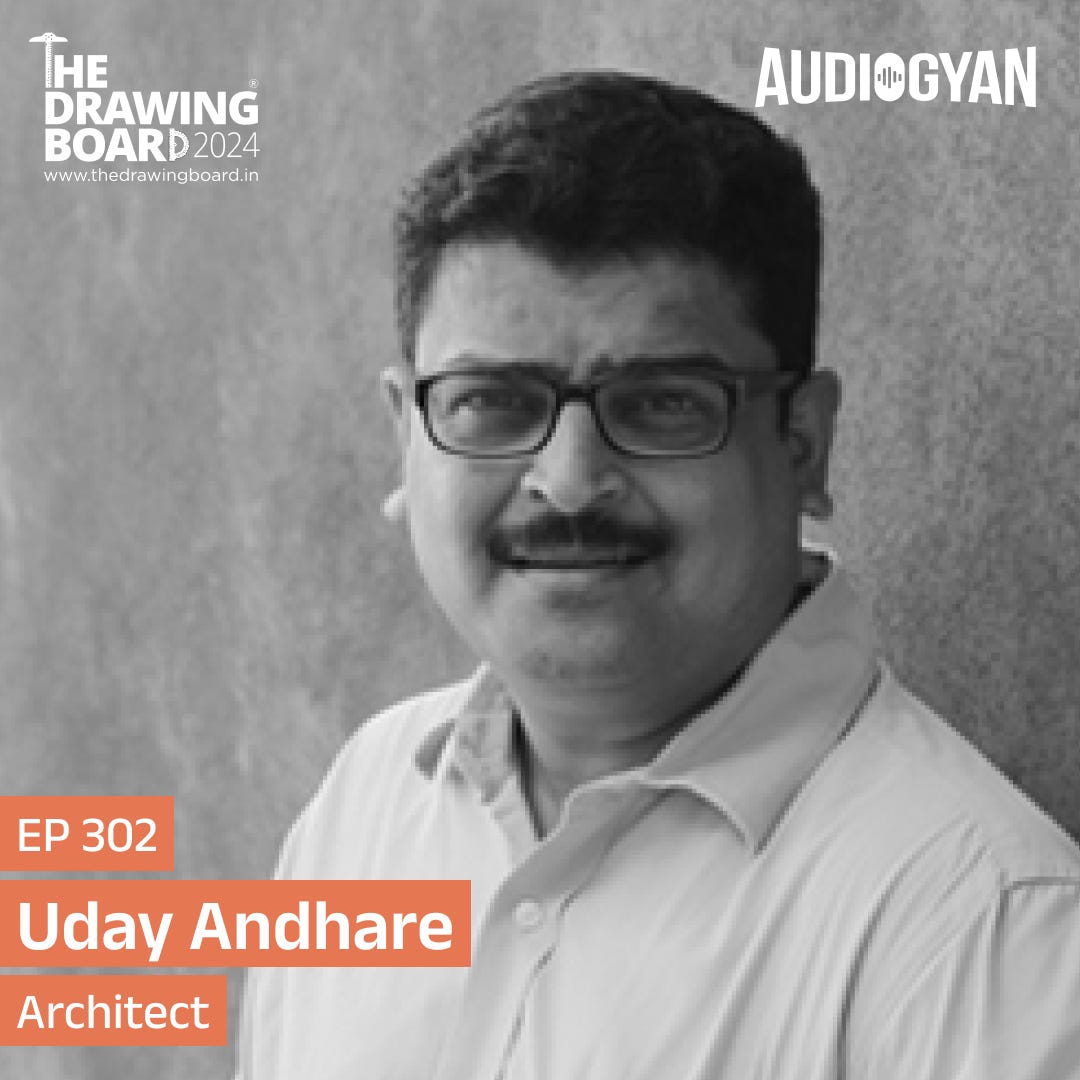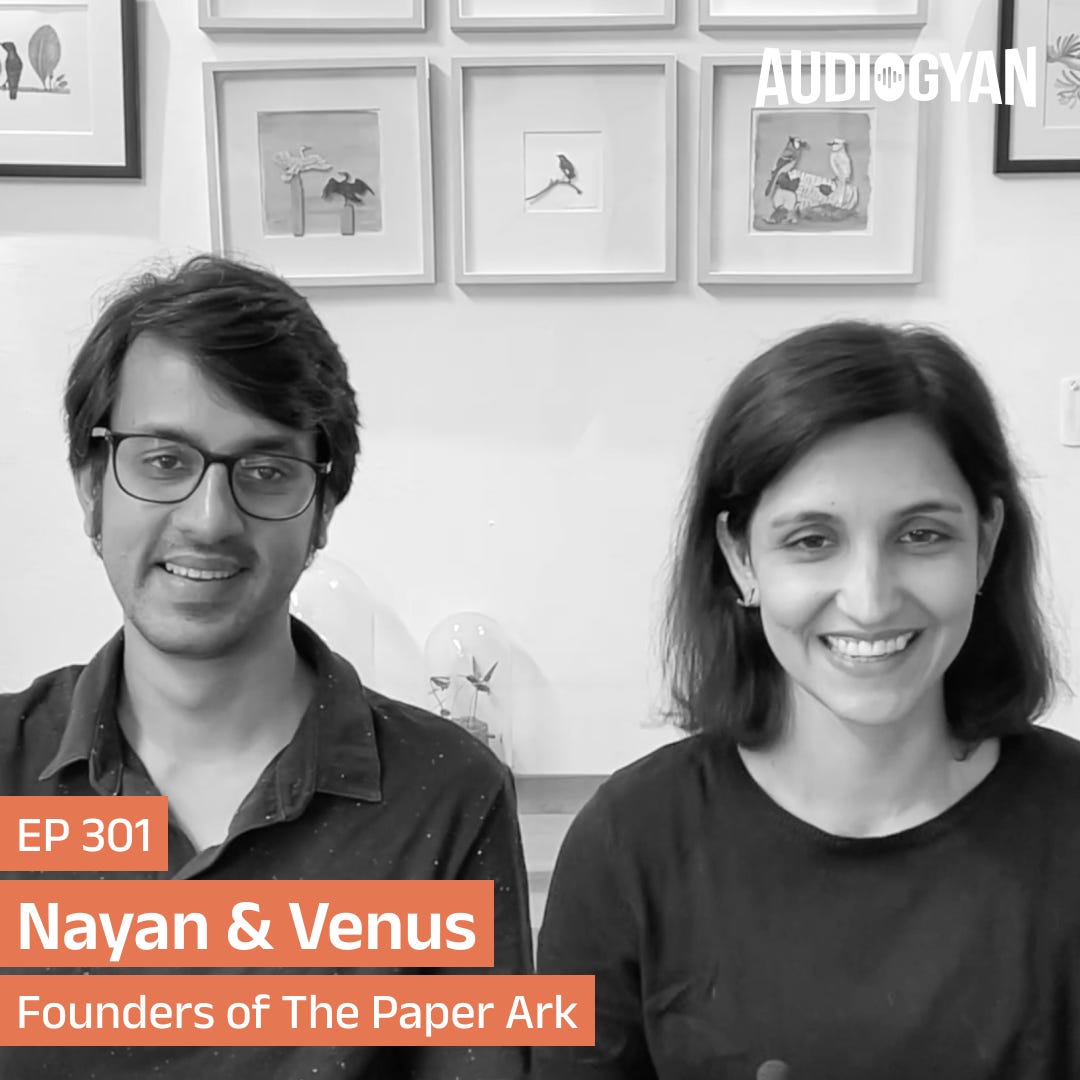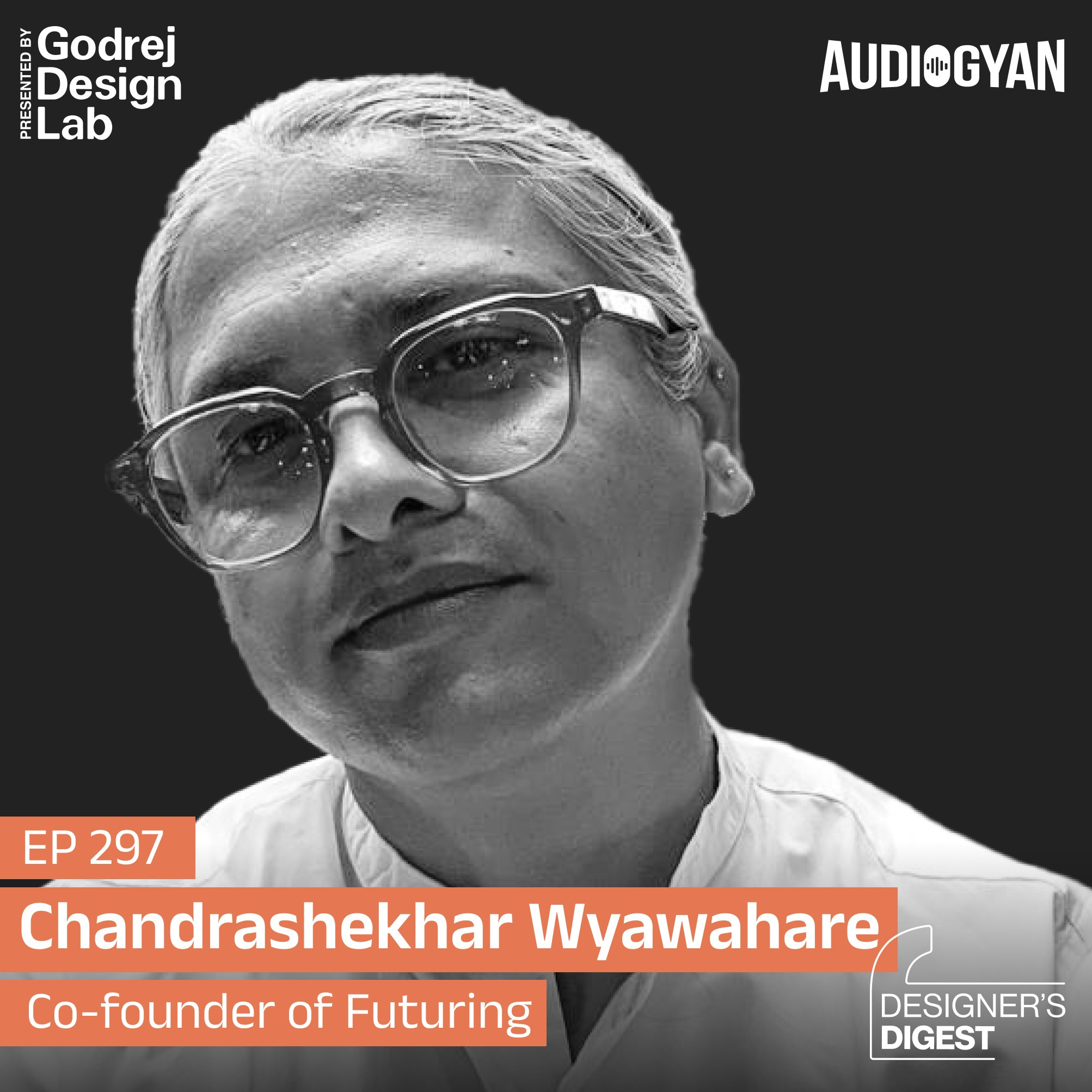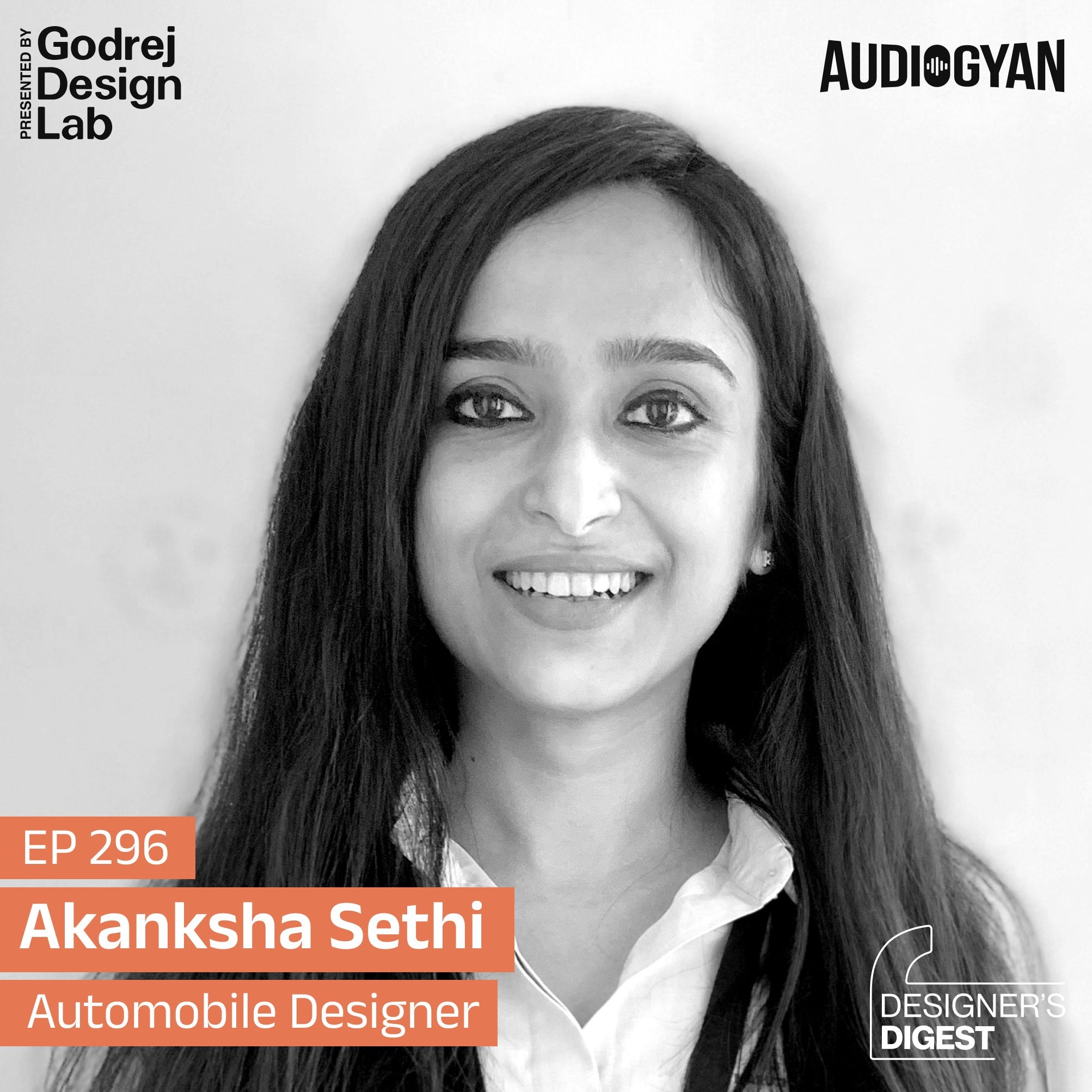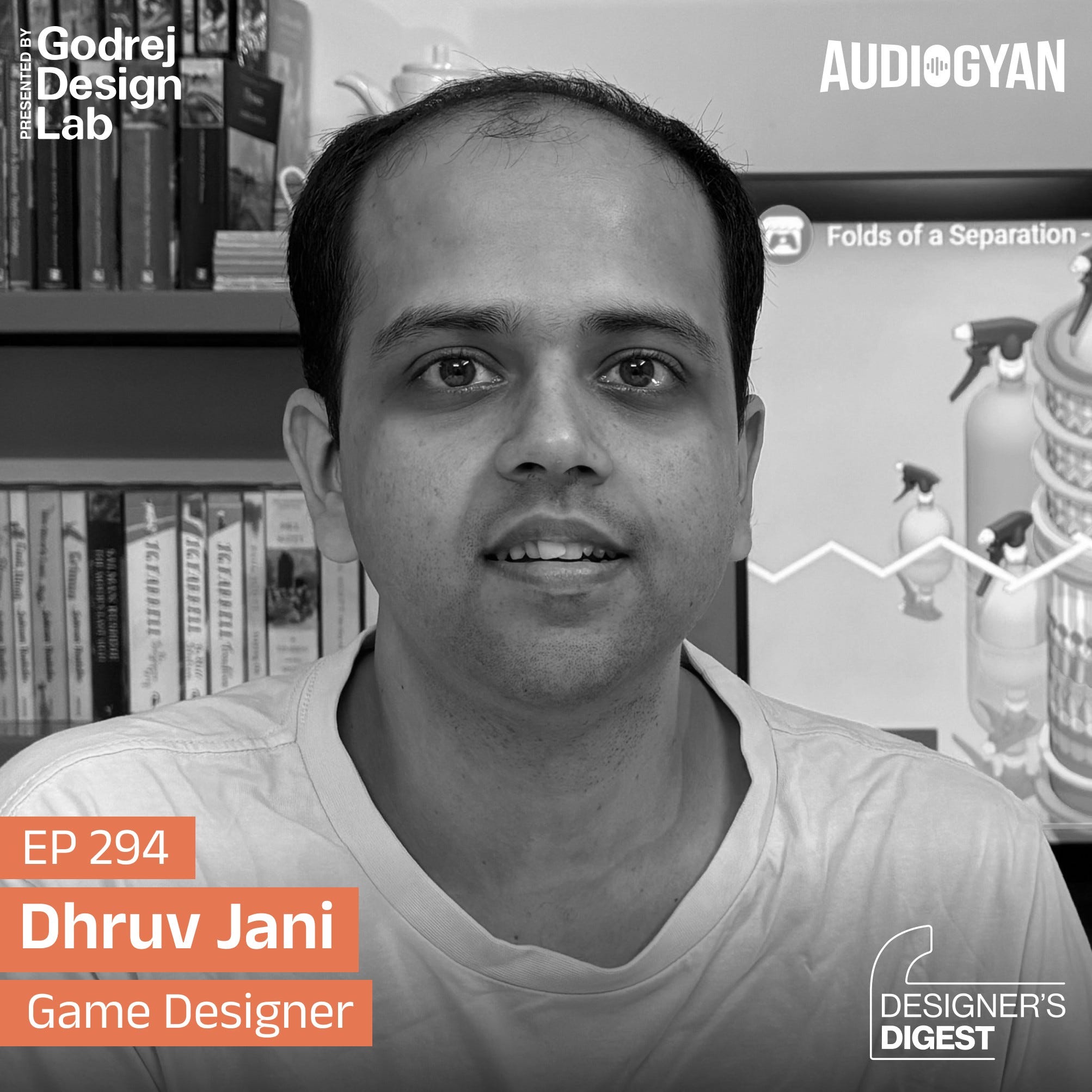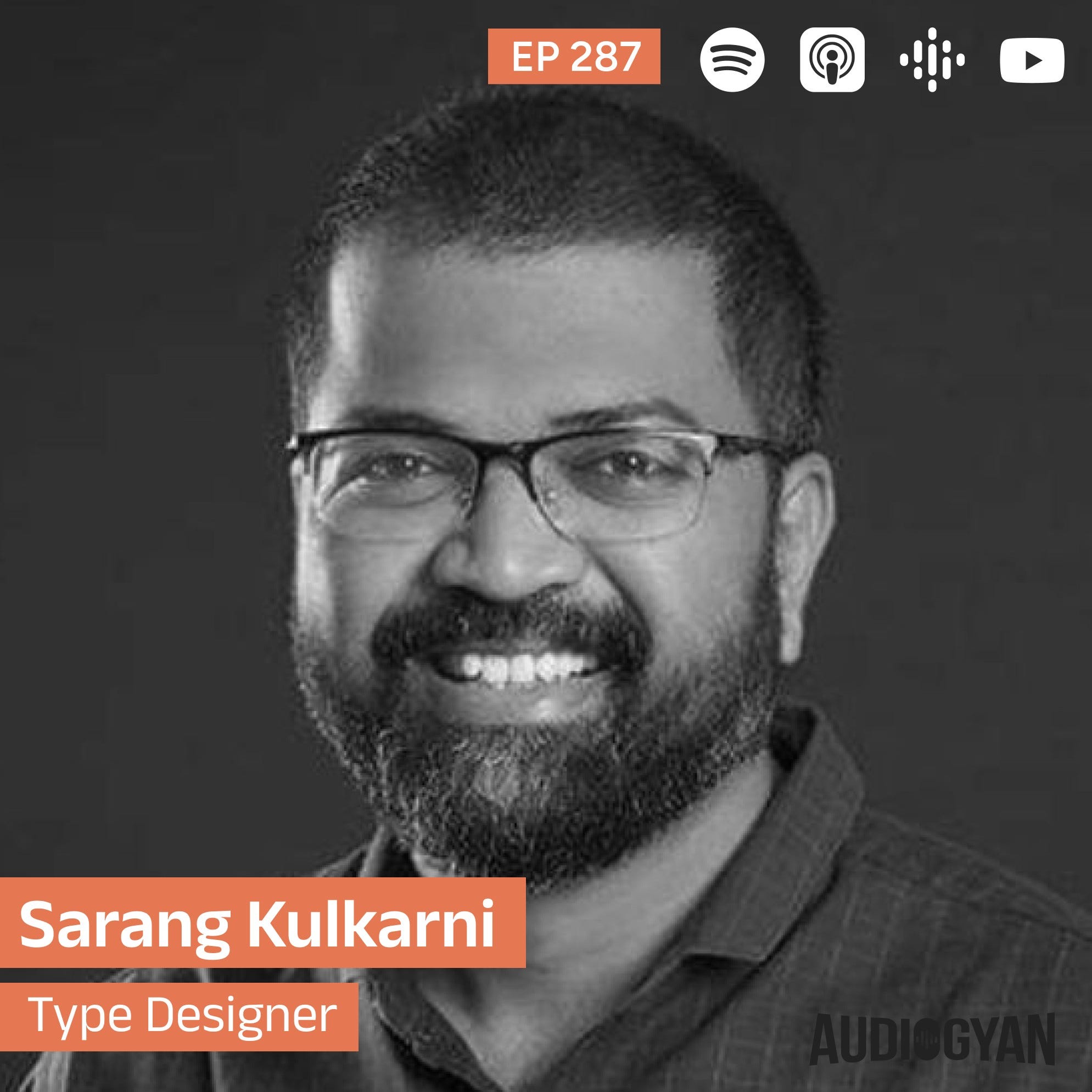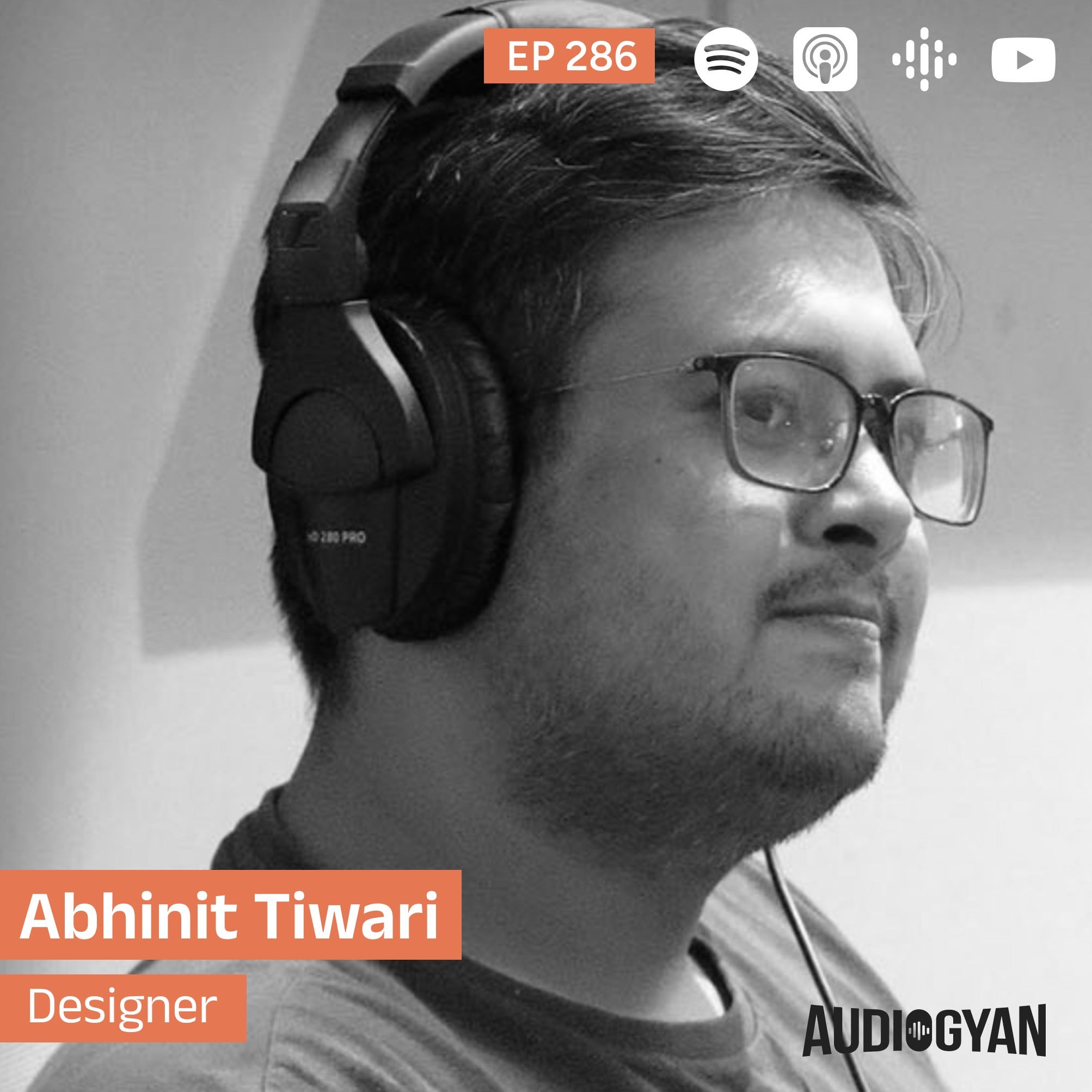Ep. 291 - Designing beyond Earth with Susmita Mohanty
Description
This is the 3rd episode of a 10 Part series, "Designer’s Digest” with Dr. Susmita Mohanty, an Indian spaceship designer and a serial space entrepreneur. This series is created in partnership with Godrej Design Lab - a platform that encourages and advances design excellence and exploration. Godrej Design Lab believes in the power of design to make a meaningful change. I am so happy and proud that Godrej Design Lab is supporting the journey of Audiogyan.
Designer's Digest is a series about Design as a profession, it’s daily grind, the secrets to climbing the design career ladder and what edge we’ll need to thrive in the captivating world of design.
I want to start with a line by Vincent Van Gogh, “For my part, I know nothing with any certainty, but the sight of the stars makes me dream”.
Questions
- Can we start by, who is a spaceship architect or a designer? Can you also elaborate on the 3 genres of space architects [Voyage d’Esprit, Man-in-a-Can, Trans-Gravity]? Where and how do designers fit in?
- What does it take to become a spaceship designer or an architect? If you can share your version of a career? What does one do in their early years and then possibilities as they become a veteran like you? Design is broadly about problem solving and we see a lot of lateral entrants. Is it possible in this discipline?
- You’ve said, traditionally government agencies tend to design in a very engineering centric approach where they don’t invite architects, designers to build stuff. With designers engaging in such space, collaboration with other professionals like physicists, engineers, biologists, seems inevitable. What are the challenges and rewards of such interdisciplinary teamwork?
- Importance of multidisciplinary. You’ve straddled across design, art, tech, humanities, choreography. What was it like growing in Ahmedabad in 70-80
- What are the unique challenges and opportunities in this sector for a designer? You mentioned about designing spaceship interiors for long distance travel, spacesuits to keep away from sharp dust on other planets, especially on the moon. Climate is another important domain to look into.
- What all sections of the rocket or a spacecraft (For eg: Soyuz, I loved the video) could be given to designers? Where all design interventions can be done?
- What made you start Earth2Orbit and later Spaceport Sarabhai and what exactly you folks do there? Can you share any specific project or a milestone that made you very hopeful about this it having a huge potential in India?
- Considering costs, policies and constraints of this highly guarded sector, what makes your hopeful about brewing design talent in India? Can you slightly talk more about your 2017 article “India is sitting on a space goldmine”?
- You often say, “space is not just about technology. It’s also about business, social impact, geopolitics and more about perspective. Could you please elaborate on it from a designer’s lens?
- You often encourage entrepreneurs to look earth from 400km above. After working closely with such great organisations like ISRO, NASA, ESA what has been your biggest learning so far.
Reference reading
- https://www.weforum.org/people/susmita-mohanty/
- https://en.wikipedia.org/wiki/Susmita_Mohanty
- https://www.imd.org/ibyimd/innovation/beyond-earths-boundaries-a-journey-of-innovation-and-leadership/
- https://www.stirworld.com/think-columns-soyuz-the-world-s-most-reliable-human-spacecraft
- http://earth2orbit.com/index.php
- http://www.themoonwalker.in/write.php
- https://thebrilliant.com/opinion/why-billionaires-playing-space-ping-pong-leaves-me-cold/
- https://en.wikipedia.org/wiki/Constance_Adams
This is a public episode. If you would like to discuss this with other subscribers or get access to bonus episodes, visit www.audiogyan.com

